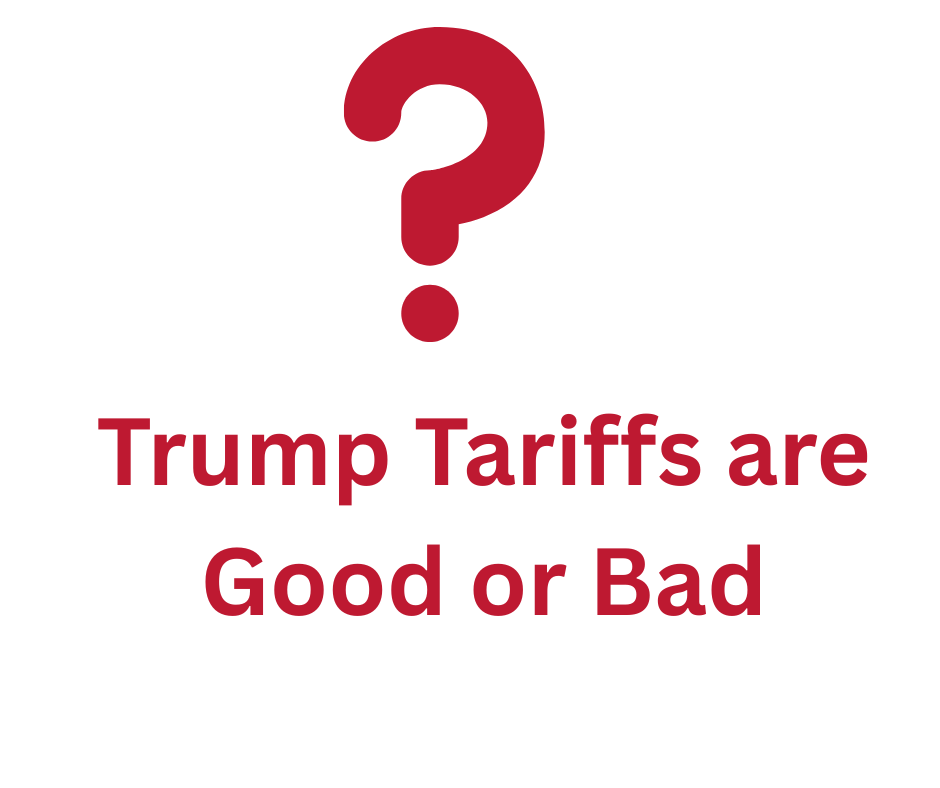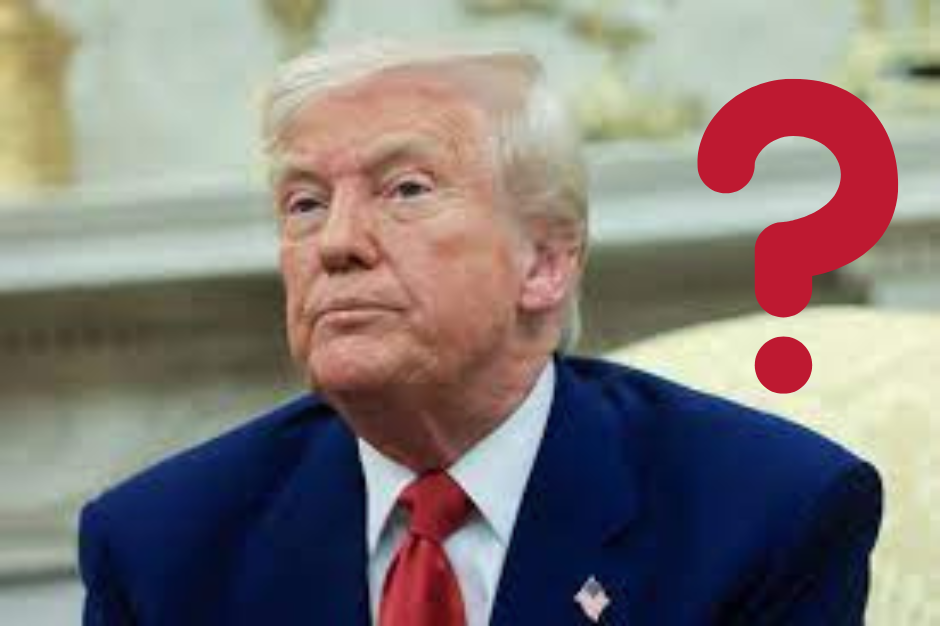In a surprising turn of events, Switzerland’s much-debated purchase of 36 F-35A stealth fighter jets from the United States—valued at around CHF 7.3 billion (~$9.1 billion)—is now facing strong political headwinds. The deal, initially approved via referendum in 2021, has become entangled in trade tensions sparked by new U.S. tariffs on Swiss exports.
The Trigger: U.S. “Trump-Era” Tariffs
Earlier this week, Washington announced a 39% tariff on several Swiss goods, a move linked to former U.S. President Donald Trump’s revived protectionist trade stance. This decision threatens Swiss industries ranging from luxury watches to pharmaceuticals, directly impacting the country’s export economy.
Many Swiss lawmakers argue that it makes no sense to proceed with such a massive defense purchase from a nation that has just imposed severe trade barriers on them.
“A country which throws rocks at us in trade shouldn’t get a present,” said Green Party MP Balthasar Glättli.
Rising Costs and Contract Dispute
The F-35 deal has already been controversial due to unexpected cost hikes. Switzerland’s government was initially told the contract was at a “fixed price.” However, U.S. defense officials now say inflation, raw material shortages, and energy costs mean an extra CHF 1.3–1.5 billion will be needed to complete the order.
Swiss officials dispute the increase but admit there is no legal path to challenge the U.S. pricing. Negotiations are currently underway.
The Political Fallout
Across Switzerland’s political spectrum, there is growing pressure to:
- Freeze or cancel the deal.
- Consider European fighter jet alternatives.
- Link future defense purchases to fair trade treatment.
Critics argue that buying American jets while being hit by U.S. tariffs sends the wrong message to voters and undermines Swiss neutrality in trade and diplomacy.

Strategic Risks of Cancellation
Defense experts warn that canceling the F-35 order could leave Switzerland with no viable air defense beyond the 2030s. The deal also includes:
- Domestic assembly of four jets.
- Industrial offset agreements worth roughly USD 3 billion to Swiss companies.
Losing these benefits could weaken both Switzerland’s defense readiness and its industrial base.
What Happens Next?
- Parliamentary review: Lawmakers may delay or block final approval of payments until the tariff dispute is resolved.
- Diplomatic talks: Switzerland is pushing for negotiations to roll back the U.S. tariffs while salvaging the F-35 agreement.
- Public debate: A new referendum effort could emerge if costs rise further or if political resistance grows.
Final Thoughts
The F-35 saga has become more than just a defense contract—it’s a test of Switzerland’s balance between security needs and economic sovereignty. Whether the government moves forward, delays, or cancels the deal, the decision will shape Swiss defense policy and its trade relationship with the U.S. for years to come.
Sources: Reuters, Swissinfo, Defence-Industry.eu, FlightGlobal


this is very good decision by Switzerland against America
Interesting points! Seeing platforms like peso888 legit prioritize player education-especially around security & responsible gaming-is a smart move. It’s good to see guided tutorials for new users too!
That’s a great point about safetrace.info
Interesting analysis!
Interesting points Definitely builds trust!